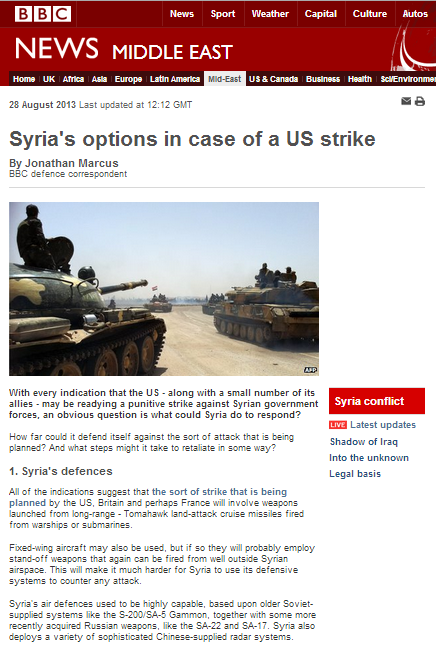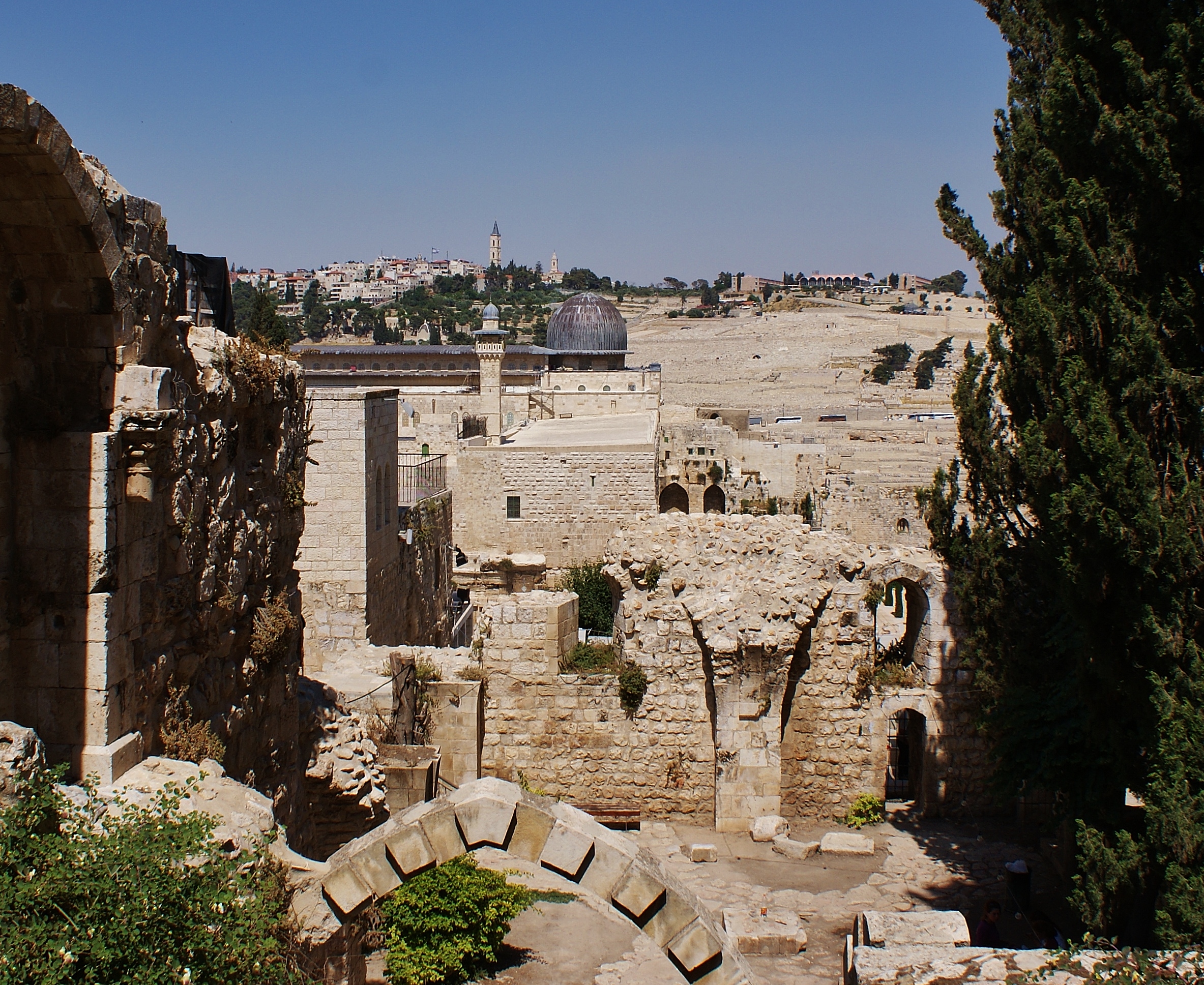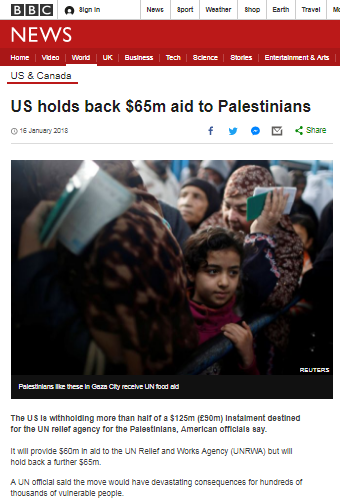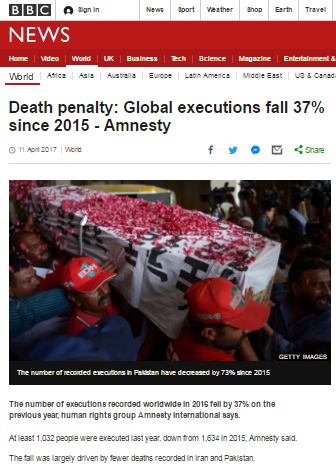An article by the BBC’s defence correspondent Jonathan Marcus which appeared on the BBC News website on August 28th is titled “Syria’s options in case of a US strike“.
Part two of the article presents “Syria’s retaliatory options” as Jonathan Marcus perceives them. [all emphasis added]
“Widen the conflict
An alternative approach would be to seek to broaden the conflict by striking at Turkey, US forces in Jordan or perhaps even to fire ballistic missiles against Israel. The risks here for the Syrian regime are huge. Turkey is well capable of defending itself, as are US forces in Jordan. In both countries there are Patriot anti-missile defences.
An attack on Israel is also unlikely. The Syrian military is heavily committed in the civil war.
Lashing out against Israel might provoke a massive retaliation – opening up the possibility of a wider regional war involving Syria’s ally, Hezbollah in Lebanon. Israel too deploys capable anti-missile systems. Provoking a wider conflict may not be in the interests of either Damascus, or importantly Tehran.
Proxy war
Syria could seek to use a group like Hezbollah to carry out attacks against US or Western interests abroad. Here too though, the Iranian authorities may well have a view and with Iran seemingly intent on exploring a new opening with the West on its nuclear dossier, Tehran may be cautious about encouraging Hezbollah in this direction.
Hezbollah is also itself in a difficult position, having allied itself with President Assad. It may determine it has enough problems at the moment and that it is better to keep its powder dry.”
Contrast the above analysis with some of the rhetoric coming out of Damascus and Tehran in recent days – rhetoric which, in its very extensive coverage of the subject of potential military action against Syria – the BBC has largely chosen to ignore. For example:
“A senior Syrian army source told Iran’s Fars News Agency on Tuesday that a full-scale US attack on Syria would justify an attack on the Jewish state.
“If Damascus comes under attack, Tel Aviv will be targeted too and a full-scale war against Syria will actually issue a license for attacking Israel,” the Syrian army source said.
“If Syria is attacked, Israel will also be set on fire and such an attack will, in turn, engage Syria’s neighbors,” he added. “Thus, a US attack on Syria will herald frequent strikes and attacks on Israel, not just by Damascus and its allies in retaliation, but by extremist groups.” “
And:
“Hossein Sheikholeslam, the director general of the Iranian parliament’s International Affairs bureau, claimed the United States would not dare attack Syria but said that if it does, “the Zionist regime will be the first victim.” “
And:
“Iran’s army chief of staff General Hassan Firouzabadi has claimed that any military action against Syria will have consequences beyond the region and “leave Israel in flames.”
“Any military action against Syria will drive the Zionists to the edge of fire,” Firouzabadi said in a statement carried by the official IRNA news agency.”
“Mohammad Ali Jafari, commander of Iran’s powerful Islamic Revolutionary Guard Corps, said an attack on Syria “will mean the imminent destruction of Israel.” “
And:
“Iranian Army deputy chief of staff Masoud Jazayeri said:[…] “In the event of a military operation on the part of an anti-Syrian front, the Syrian people will resist, and the outcome of their resistance will be victory… and, with God’s help, the flames of this war will [end up] setting the Zionists on fire.” “
For some reason, that part of the story is largely being ignored by the BBC. One of the only brief references to it comes right at the end of an August 30th article titled “Q&A: Threatened strike on Syria“. Under the heading “What have Syria and its allies said?” the article links to the Jonathan Marcus article above, saying:
“Syria’s Deputy Foreign Minister Faisal Miqdad said on 27 August that Syria would “defend itself against any international attack” and warned it would trigger “chaos in the entire world”.”
On Iran, the article links to a New York Times report and states in very toned-down language:
“Iranian Supreme Leader Ali Khamenei has said an intervention would be a “disaster”. Other Iranian officials have in the past warned of consequences for the region and recently threatened Israel would be attacked in return. There has been speculation that Lebanese militant Shia movement Hezbollah, allied to Iran and which is fighting alongside government troops in Syria, might fire rockets against Israel in response to any Western strike.”
Whilst bellicose rhetoric of the type currently being bandied about by Iran and Syria is hardly a rare event in the Middle East, what it represents it is certainly a part of the ongoing story of which BBC audiences should be made aware if they are to be able to fully understand current events in the Middle East. Significantly, that aspect of it is being conspicuously toned down for BBC audiences.





